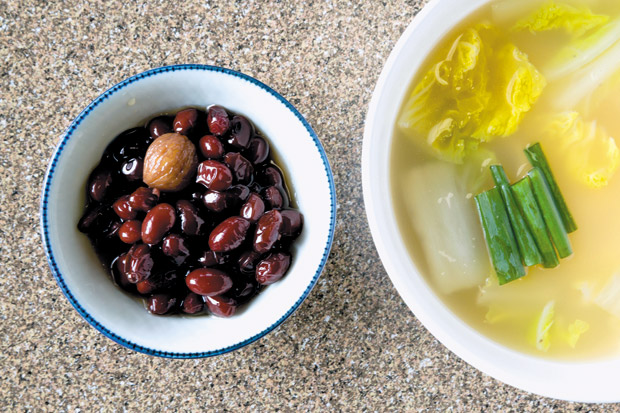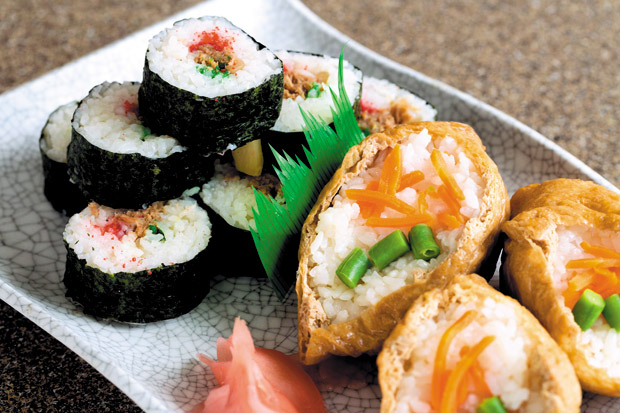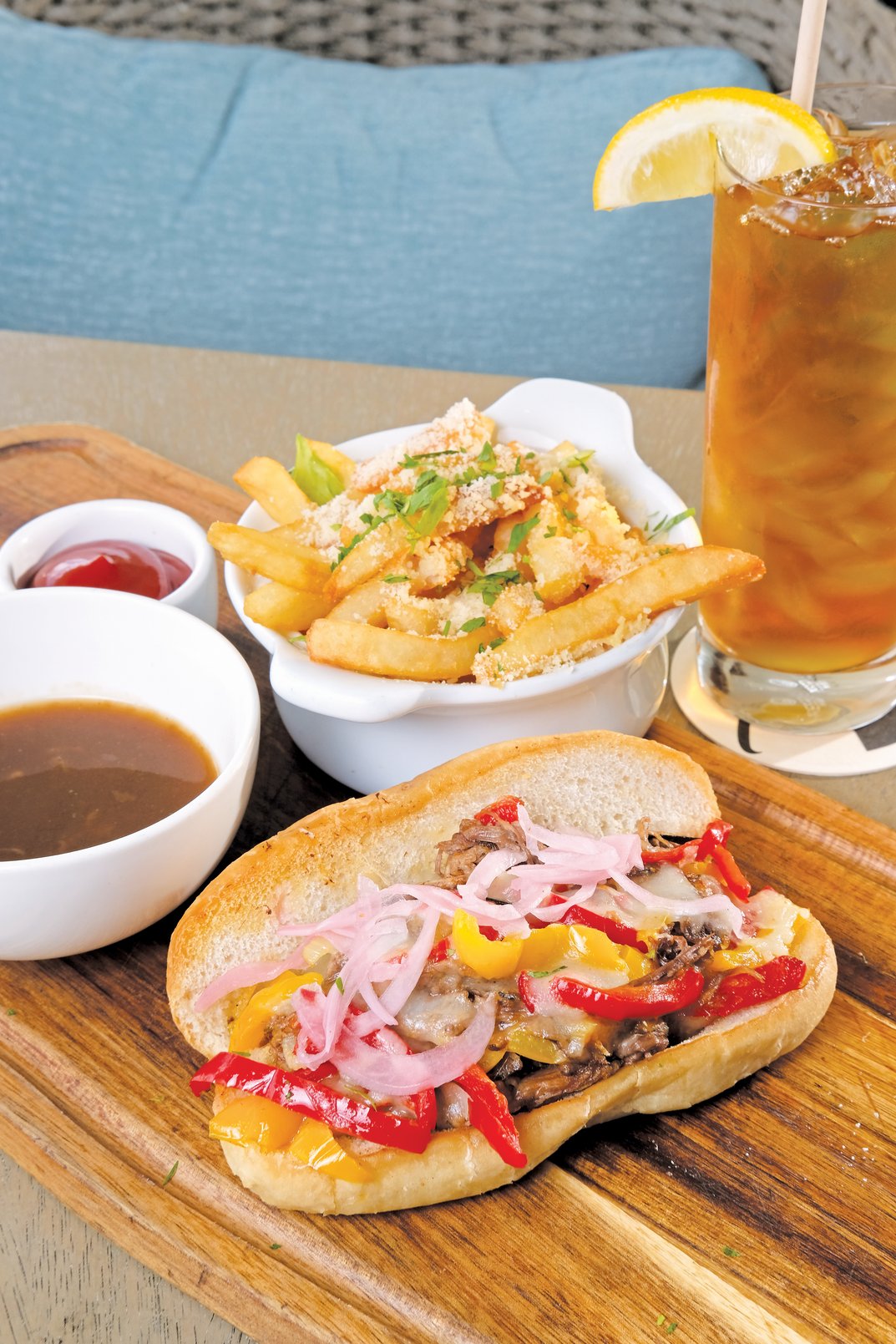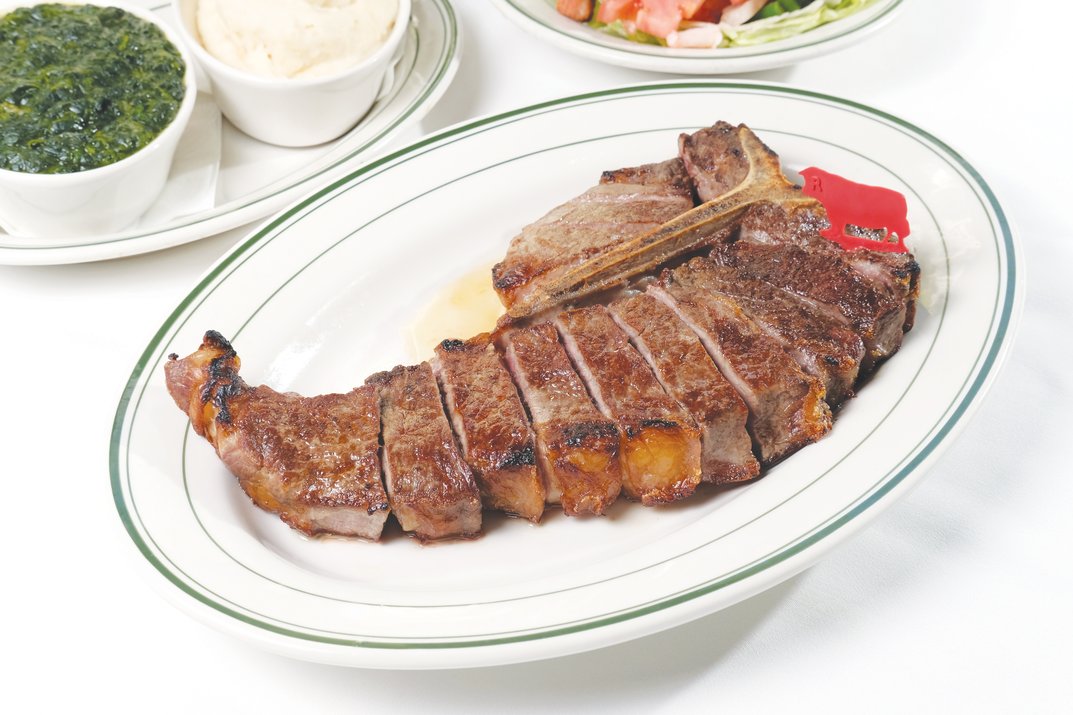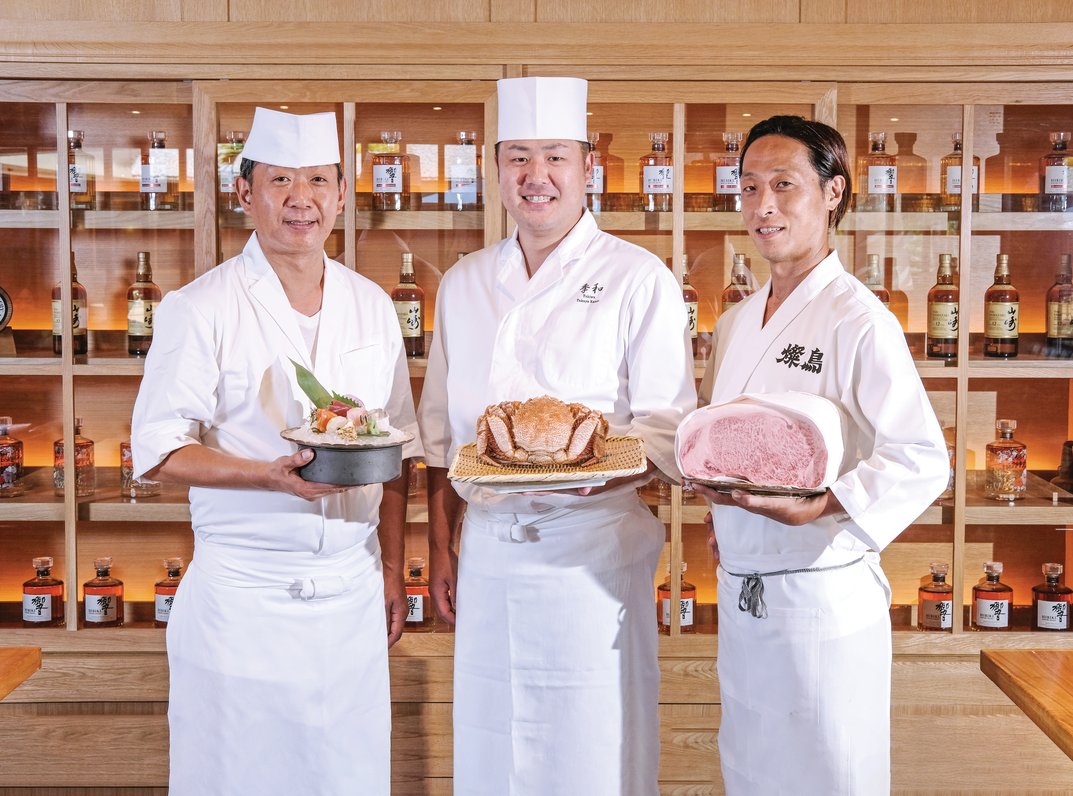Good food, luck in your future
A La Carte ColumnsDecember 4, 2016
Story By: Kelli Shiroma | Photos by: ANTHONY CONSILLIO
It’s never too early to start preparing for the new year. With 2017 right around the corner, Sekiya’s Restaurant & Delicatessen general manager Faye Hara encourages customers to place orders early for their New Year’s parties.
“New Year’s Eve is our busiest day,” she says. “We’re open from 8 a.m. to 6 p.m. on New Year’s Eve, and we are closed on New Year’s Day.”
Some of Sekiya’s most popular New Year’s items include Ozoni Soup ($8.55) and Kuromame ($28 per pound, $4 for single order).
“The Ozoni Soup is a mochi soup,” Hara explains. “It’s a traditional Japanese dish that symbolizes good luck. The Kuromame is a red-bean dish that we only make during the New Year’s holiday.”
Kuromame is Sekiya’s specialty toward the end of the year. Hara says that the word mame means “health,” and that it’s traditional for Japanese people to eat Kuromame on New Year’s Day, hoping to be able to work in good health during the next year.
“Black soybeans are simmered until they’re tender and they’re cooked in a sugary sauce,” she says. “It takes us about 8-10 hours to cook, depending on the bean. Since I started the general manager position at Sekiya’s last March, this is my first experience making the Kuromame dish — I’m learning from an employee who has been with us for more than 20 years. We purchase the beans from Japan, and Kuromame is served as a side dish.”
The specialty item fits in perfectly with Sekiya’s 81-year history of offering delectable Japanese fare.
“(Kuromame) is considered osechi ryori — traditional Japanese New Year foods,” Hara says. “Kuromame is a good luck dish traditionally eaten along with ozoni, kamaboko (fishcake), ebi (shrimp), kobumaki (rolled seaweed), gobo (burdock) and nishime (simmered Japanese vegetables).”
Sekiya’s Norimaki ($4.65) and various tempura items are also popular takeout orders for New Year’s parties. The maki and Ozoni Soup are available all year long, but they’re especially popular during the holidays.
“For our Norimaki, we do our own rice vinegar — it’s a homemade vinegar,” Hara says. “We also have our own recipe for the tuna. The inari, or cone sushi ($1.50), is another popular item, as are our shrimp ($1.85), potato ($1.35) and hash (98 cents) tempura.
“Shrimp and potato tempura are very common, but our hash tempura is one of our most unique dishes,” she continues. “Order early for New Year’s — we have a great selection to choose from, including noodle dishes like chow fun ($6.75 per pound), fried noodles ($6.75 per pound) and yakisoba ($7 per pound).”
Sekiya’s Restaurant & Delicatessen
2746 Kaimuki Ave., Honolulu
732-1656
Sunday-Thursday, 8 a.m.-10 p.m.; Friday-Saturday, 8 a.m.-11 p.m.;
Closed Christmas Day and New Year’s Day; New Year’s Eve, 8 a.m.-6 p.m.
Honolulu, HI 96816






